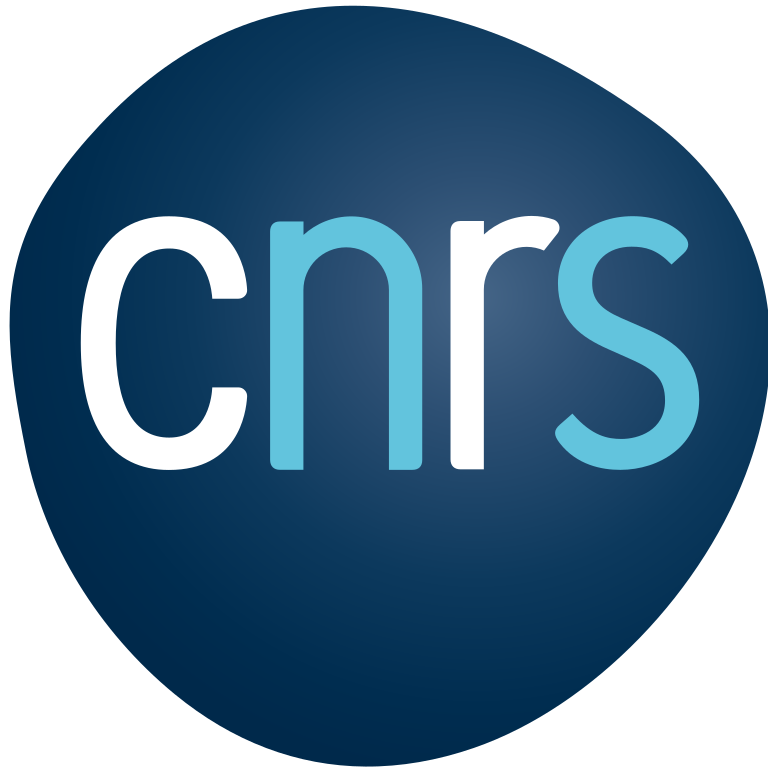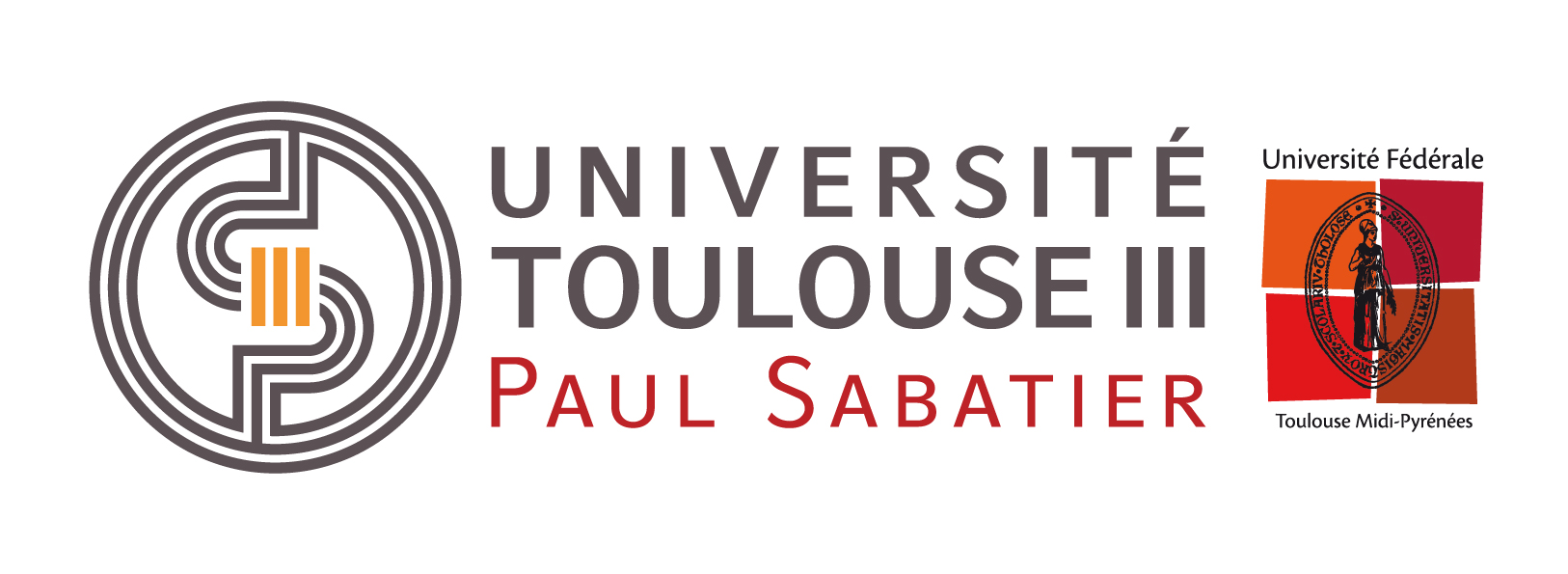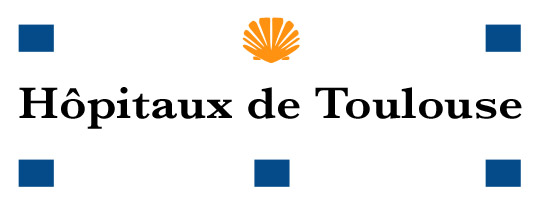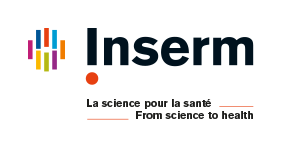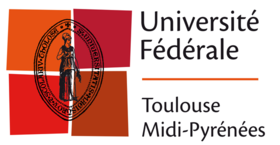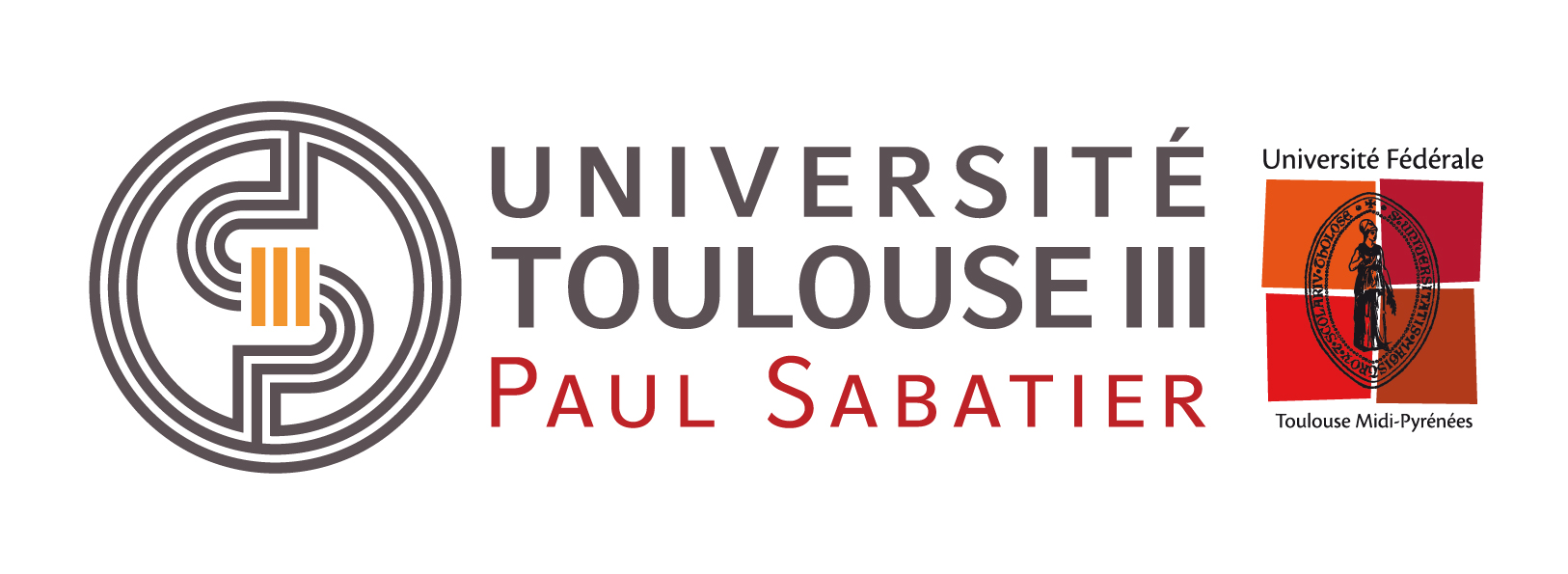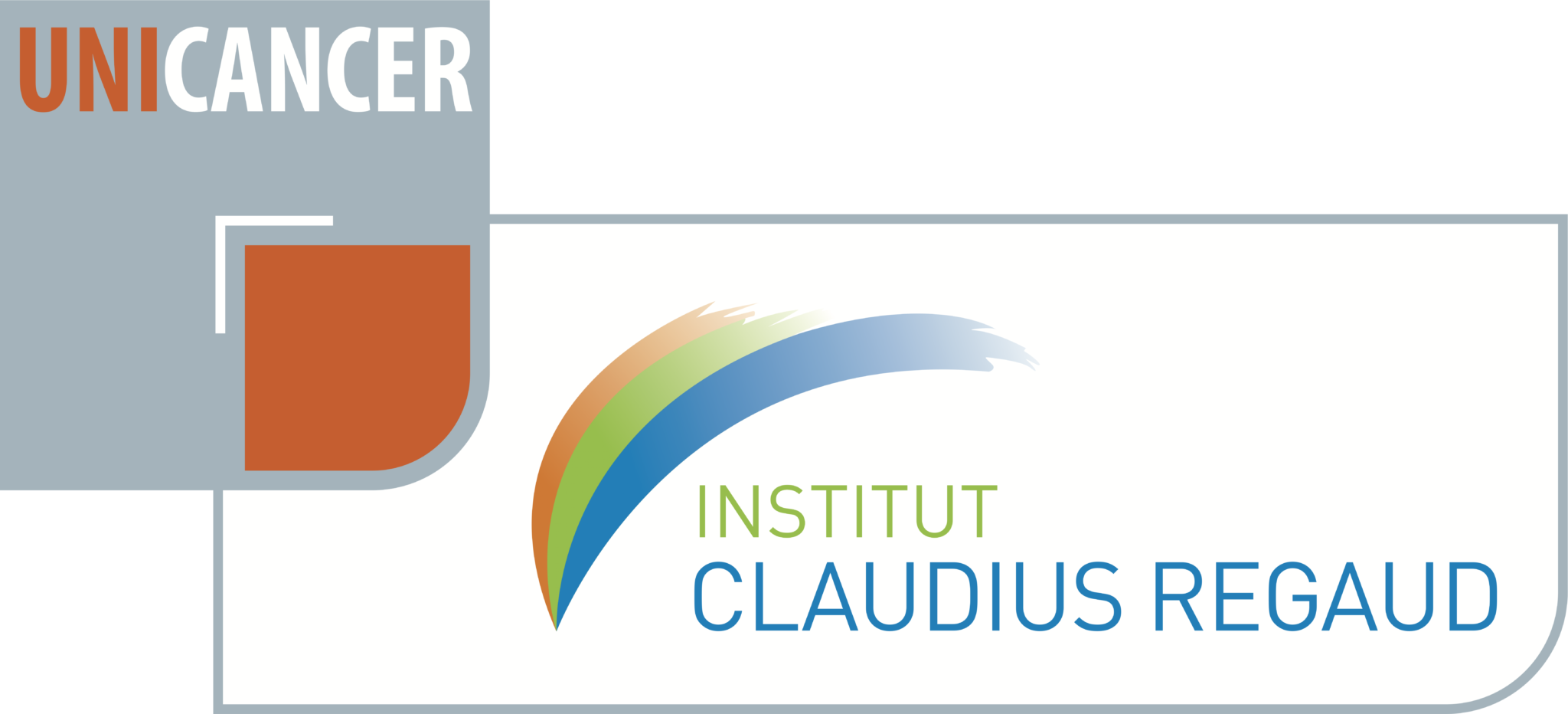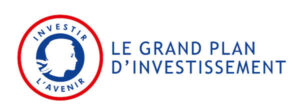CRCT research
18 teams of researchers are advancing knowledge on the mechanisms of cancer onset and progression, and contributing to improving screening, care and management of patients in order to better support them on their way to recovery.
18 RESEARCH
TEAMS
Team
Maha AYYOUB
T2i : Anti-tumour immunity and immunotherapy
Team
Gilles FAVRE and Olivier SORDET
SIGNATHER : Cell Signalling, Oncogenesis and Therapeutics
Team
Bruno SEGUI and Nathalie ANDRIEU
MELASPHINX : Ceramide metabolism in melanoma: from basic mechanisms to immunotherapy
Team
Stefania MILLEVOI
RNAreg : RNA-Binding Proteins and Genotoxic Stress
Team
Corinne BOUSQUET
MICROPANC : Microenvironnement and Therapeutic Resistance in Pancreatic Neoplasms
Team
Stéphane PYRONNET
and Fabienne MEGGETTO
R’n Blood : RNA Biology in Hematologic Tumors
Team
Camille Laurent
NoLymIT : New Immunotherapies Against Lymphoma
Team
Pierre Cordelier
ImPACT : Innovation in pancreatic cancer therapy
Team
Elizabeth
COHEN-JONATHAN MOYAL
RADOPT : Optimising radiotherapy: from molecular signalling pathways to clinical trials
Team
Marc POIROT and Sandrine SILVENTE-POIROT
INOV : Cholesterol Metabolism and Therapeutic Innovations
Team
Hervé AVET-LOISEAU
and LUDOVIC MARTINET
GENIM : Genomic and Immunology of myeloma
Team
Etienne CHATELUT
DIAD : Dose Individualisation of Anticancer Drugs
Team
Eric DELABESSE
IGAALD : Impact of genetic alterations on acute leukemia development
Team
Julie GUILLERMET-GUIBERT
SigDYN : Integrated cellular signalling and PI3K isoforms
Team
Jean Emmanuel SARRY
METAML : Metabolism and Therapeutic Resistance In Acute Myeloid Leukemia
Team
Frédéric CHIBON
ONCOSARC – Oncogenesis of sarcomas
Team
Salvatore VALITUTTI
DynAct : Molecular dynamics of Lymphocyte Interactions
Team
Véra PANCALDI
NetB(IO)² : Network Biology for Immuno-oncology
The 4 axis Of
Specific research
Oncogenic pathways in cancer: From modelization towards targeted therapy
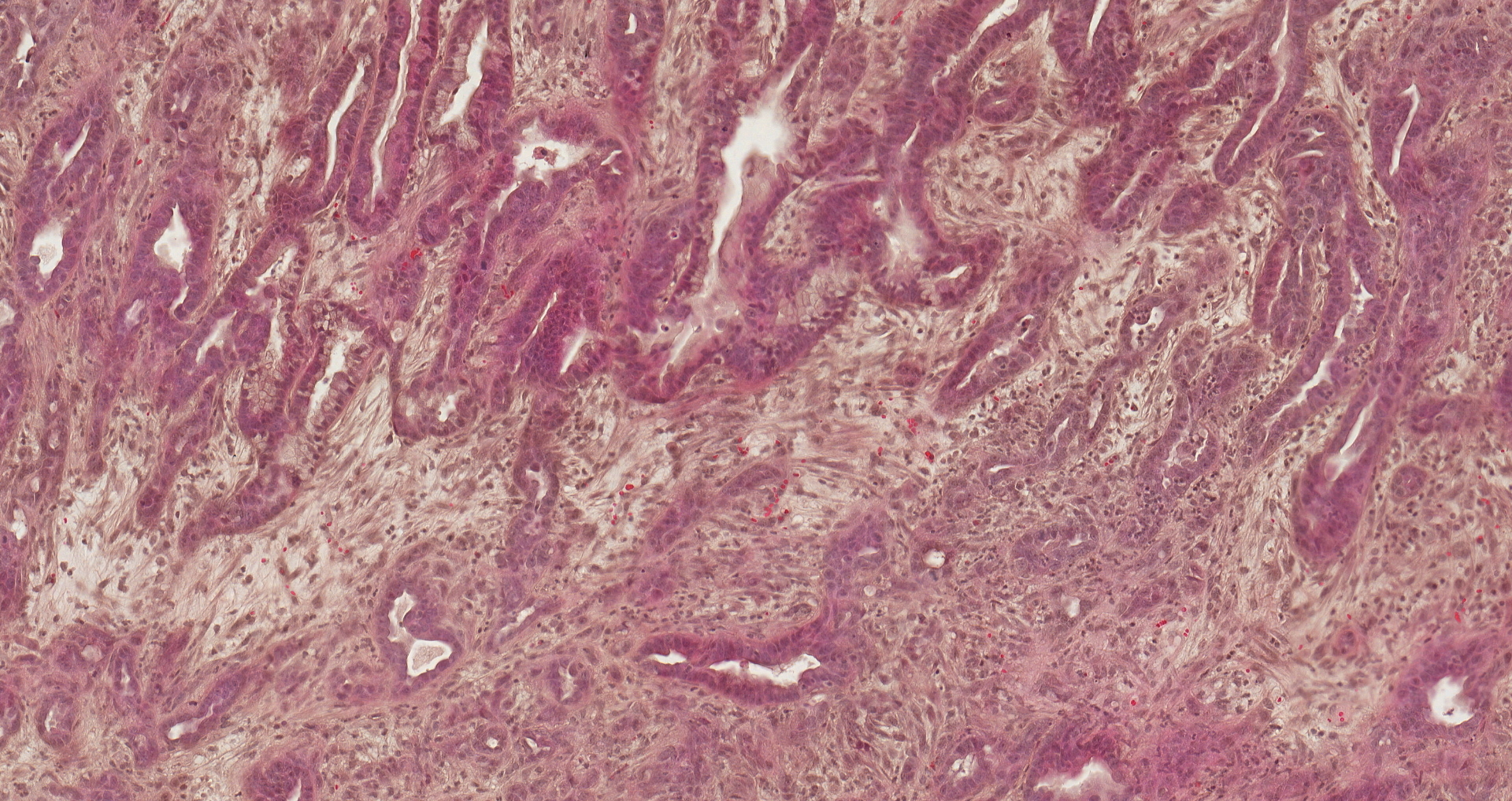
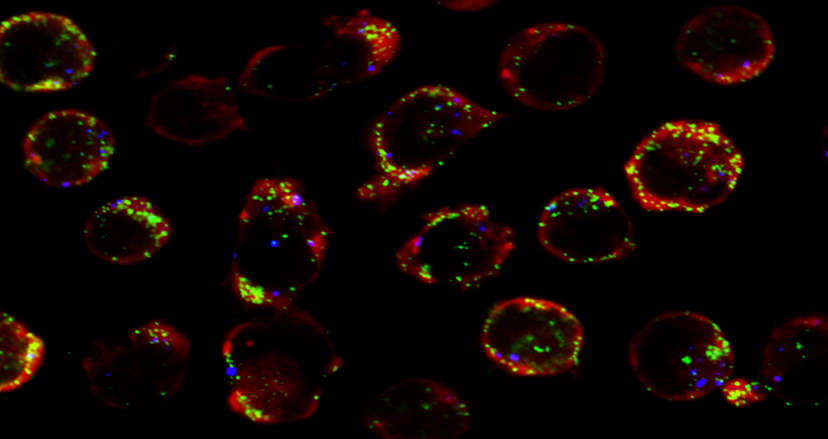
RNA & CANCER
CRCT researchers are exploring the mechanisms of deregulation of RNAs, key players in the control of gene expression, and their role in altering the cellular landscape that can lead to cancer initiation, progression, invasion and metastasis.
Tumour microenvironment and metabolism
The objective of this axis is to understand and identify targets in both tumour cells and stroma, the co-targeting of which could sensitiee tumours to therapies and/or abrogate their metastatic potential.
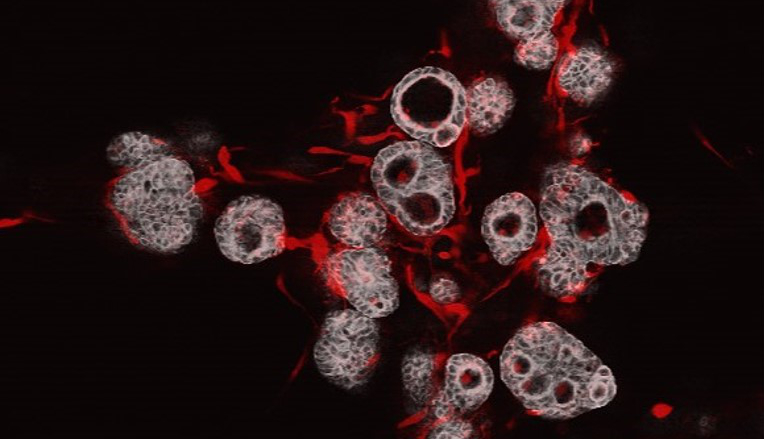
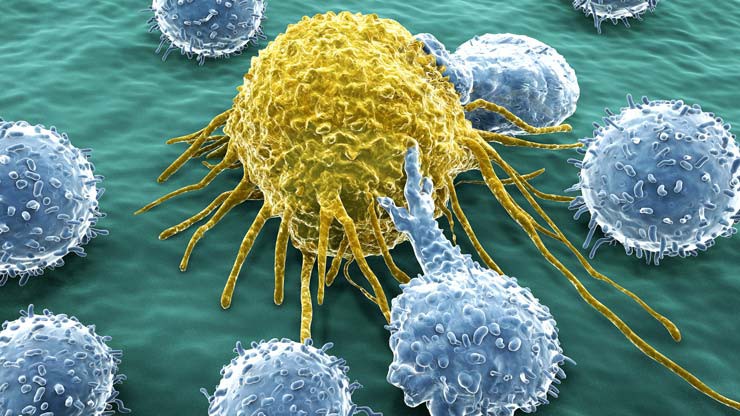
Onco-immunology
The aim of this axis is to promote collaboration between teams interested in studying the cancer/immune system confrontation through different but complementary approaches.
INTEGRATED RESEARCH PROGRAMMES
IRIT@CRCT
Digital cancer laboratory “Michel Laudet”
NeoVirTech
Creation of a patient-oriented theranostics platform to support drug development.
TRANSLATIONAL PROJECTS
AND EUROPEAN PROGRAMMES
TRANSLATIONAL RESEARCH PROJECTS @IUCT-O
Each year, the Toulouse-Oncopole University Cancer Institute and the Toulouse Cancer Health Foundation open an internal call for proposals to finance translational research projects led by a researcher/clinician pair.
The projects are evaluated by an external jury made up of experts in the themes submitted.
Find below all the winning projects since 2017.
MELANICa
To evaluate the potential benefit of anti-TNF on the anti-cancer immune response in melanoma patients.
MMIL
To better understand the mechanisms of recognition and eradication of cancer cells by the immune system.
CIEL
Immune escape and innate immunity in lymphoma
LMSTAR
ONCOPOLE
Functional analysis of the inherited N363K POLE mutation in highly aggressive colon cancers and glioblastomas
LUNG-RESIST
Targeting the early stages of adaptive resistance to EGFR tyrosine kinase inhibitors in lung cancer.
EPOXAN
Characterisation of deregulations of the cholesterol-epoxide pathway in breast cancer
CLUSTER
Clustering of malignant cells in serous fluid: a mechanism of tumour progression?
GAMER
Comm’in BC
Cellular communication in breast cancer
DEMETEAR
Deciphering mechanisms of resistance to targeted therapies in B-cell chronic lymphocytic leukemia
LUNGPREDICT
Collect and integrate data to improve and personalize lung cancer therapies.
OTHER RESEARCH PROGRAMMES
Researchers are encouraged and guided in their participation in the various calls for proposals from biomedical research funders (INCA, ANR, patient associations, etc.)
The CRCT researchers are fully involved in these calls for proposals. Find below all the programmes in which the CRCT is strongly involved.
INTERPEDIA
Deciphering patient’s hematologic phenotype with GATA2 mutation with new meaningful models to better understand the risk of leukemia and time to bone marrow transplantation
CIRoma
Deciphering the role of circular RNAs in the pathogenesis and therapeutic resistance of anaplastic large cell lymphomas associated with the oncogenic tyrosine kinase ALK.
BLOOD-REPARP
Circulating biomarkers of resistance to PARP inhibitors in HER2-negative metastatic breast cancer.
MSrGB
Metabolic Shift in radioresistance of GlioBlastoma
Biolican
To develop new technological approaches for the detection of new circulating biomarkers for the management of lung cancer
EUROPEAN PROGRAMMES
Biomedical research is strongly embedded in the European context. Researchers are encouraged and guided in their participation in the various Horizon 2020 programmes, the main instrument for implementing European research.
The CRCT researchers are fully involved in these calls for projects. Find below all the European programmes in which the CRCT is strongly involved.
PROTEOblood
Development of new therapies against two subtypes of lymphoma and leukaemia.
MITHAML
Metabolic heterogeneity in acute myeloid leukaemia
IMMUSPHINX
Targeting sphingolipid metabolism to improve the efficacy of immunotherapies in melanoma.
PINICAL-MRT
Clinical impact protocols in molecular radiotherapy
MEDIRAD
Consequences of medical exposure to low-dose radiation
PIPgen
a new Innovative Training Network to put PI3K/PTEN related diseases under the spotlight
TRanSLIT
Targeting ROBO-SLIT guidance signals in the context of immunosuppressive pancreatic cancer stroma
IMAGene
Pancreatic Cancer Prediction in high risk individuals.
3D-GATA2
Consortium bringing together national and international groups for a disease affecting a central gene of the hematopoietic and immunological systems.
The TOUCAN LABEX
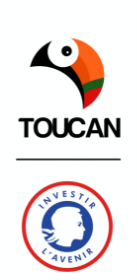
The Toulouse Cancer Laboratory of Excellence (LabEx TOUCAN) is a project that aims to understand the mechanisms of resistance and relapse in hematological cancers.
Funded by the Agence Nationale de la Recherche (ANR) under the Programme d’Investissements d’Avenir (PIA), it brings together six Toulouse research teams from the Toulouse Cancer Research Centre (CRCT) and the Institute of Pharmacology and Structural Biology (IPBS).
With institutional support

Centre de Recherches contre le Cancer de Toulouse (Oncopole)
Toulouse - FR
Nous contacter
+33 5 82 74 15 75
Nous rejoindre ?

